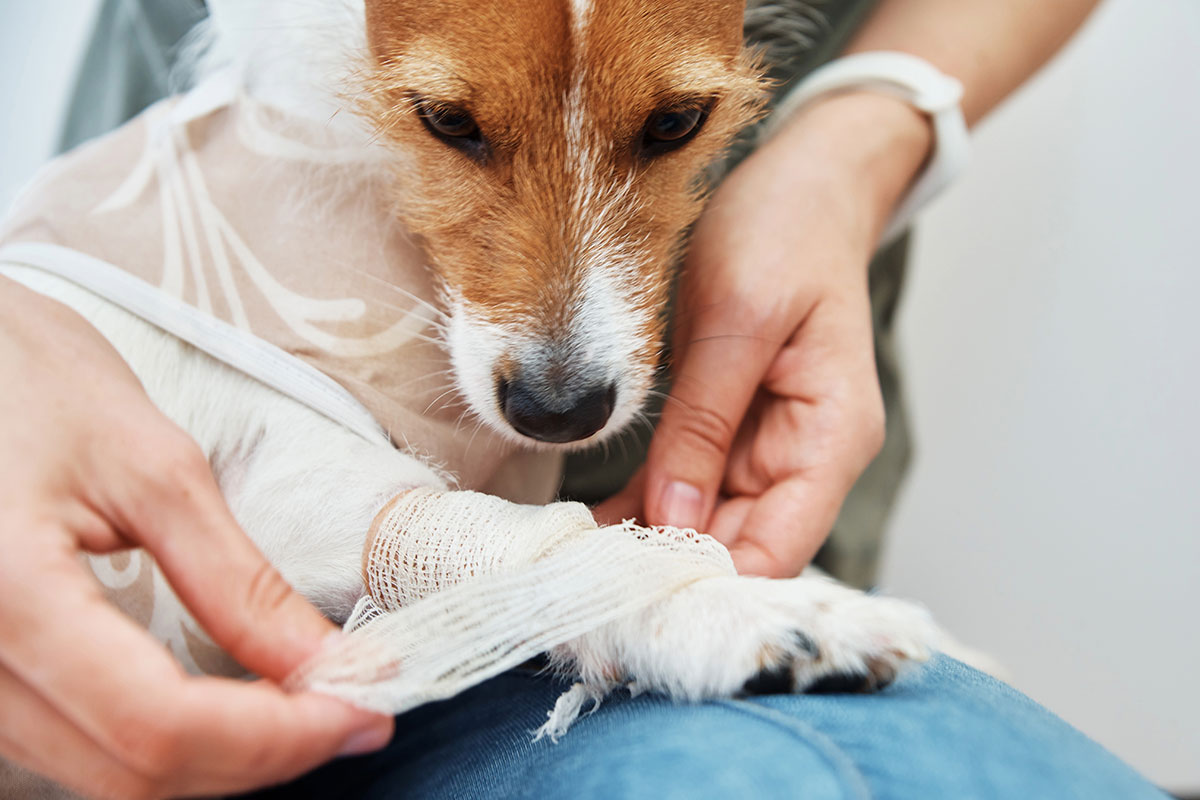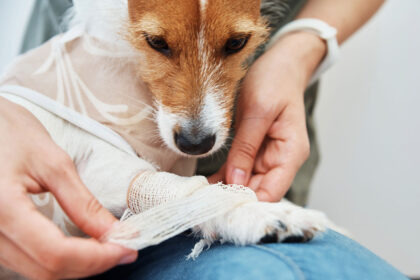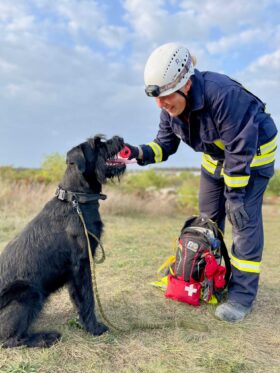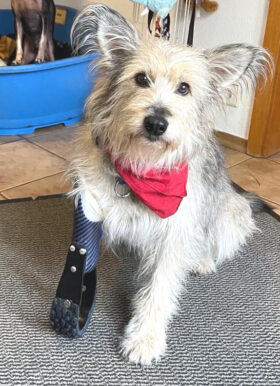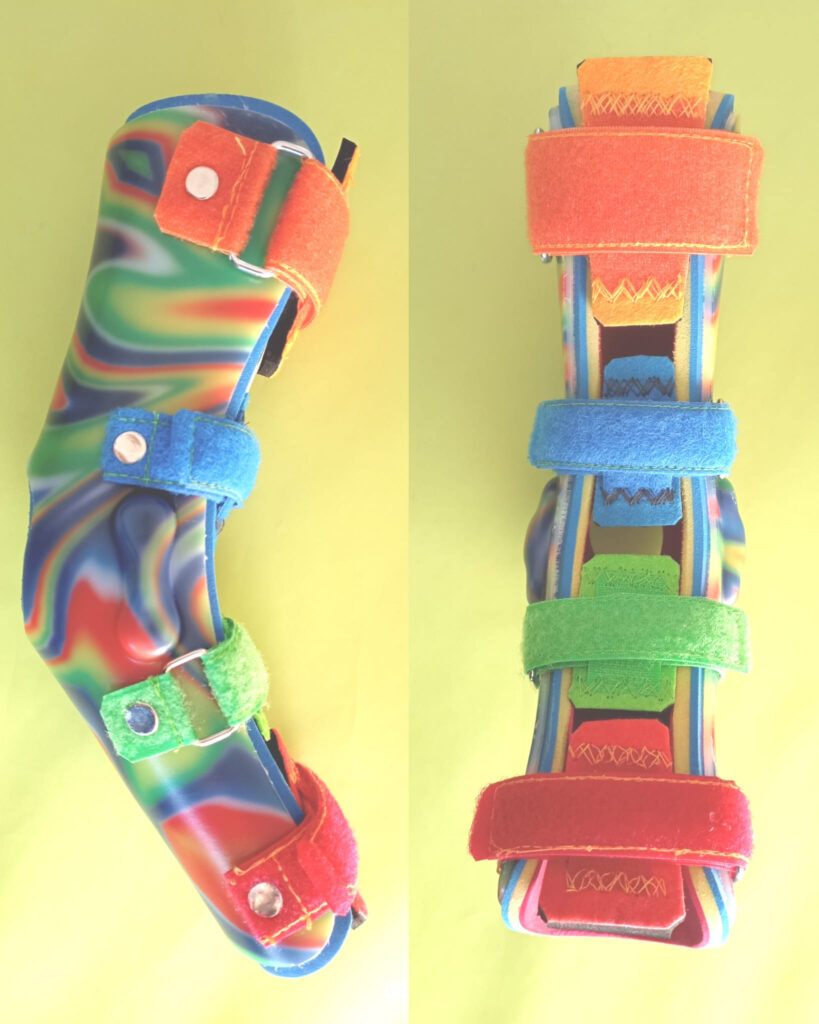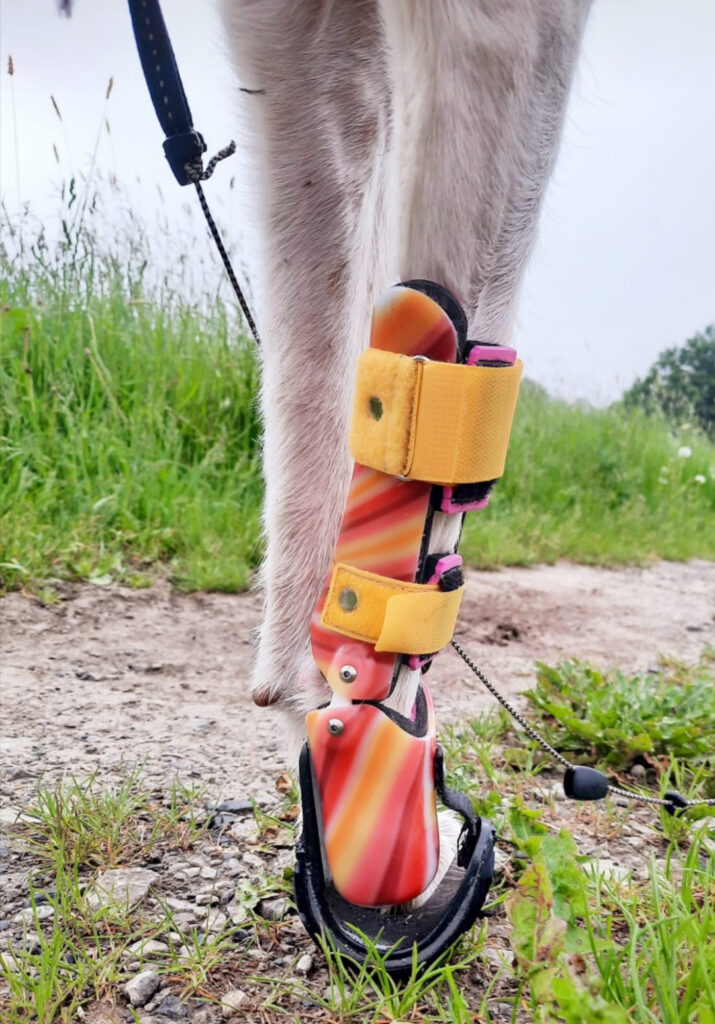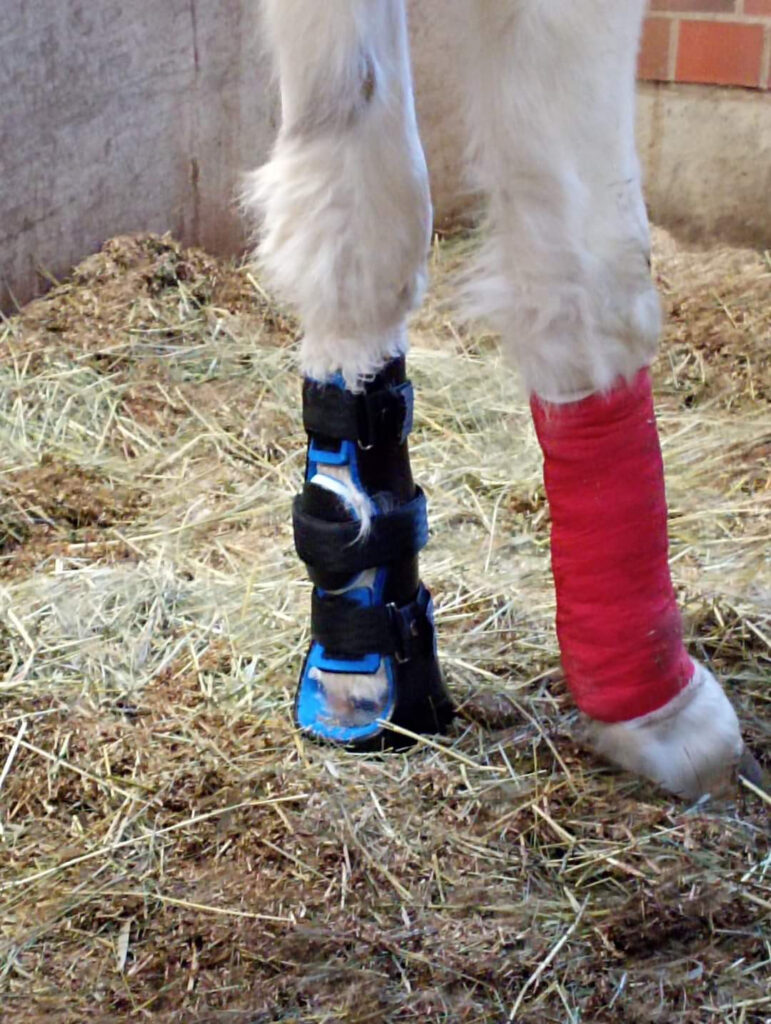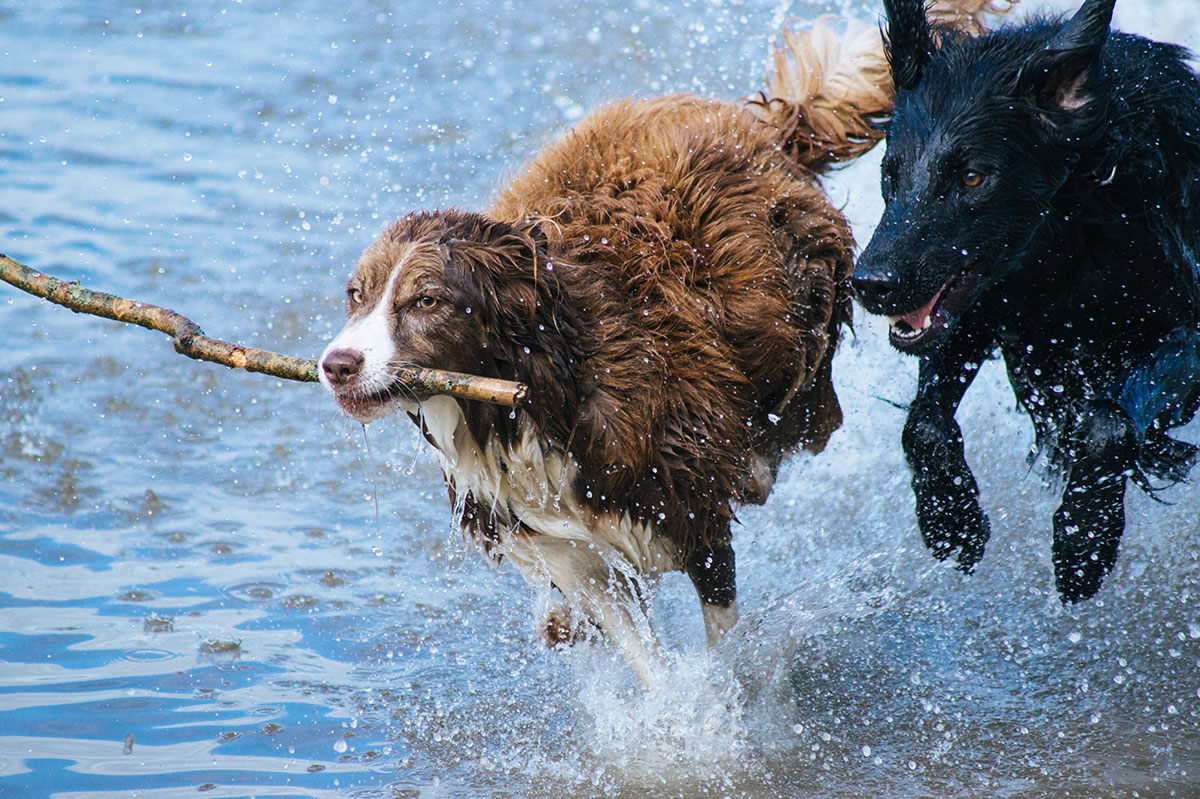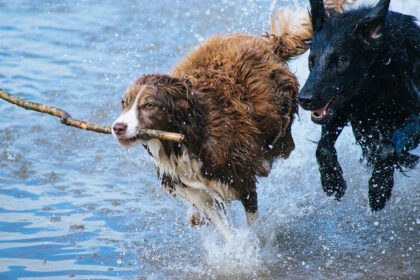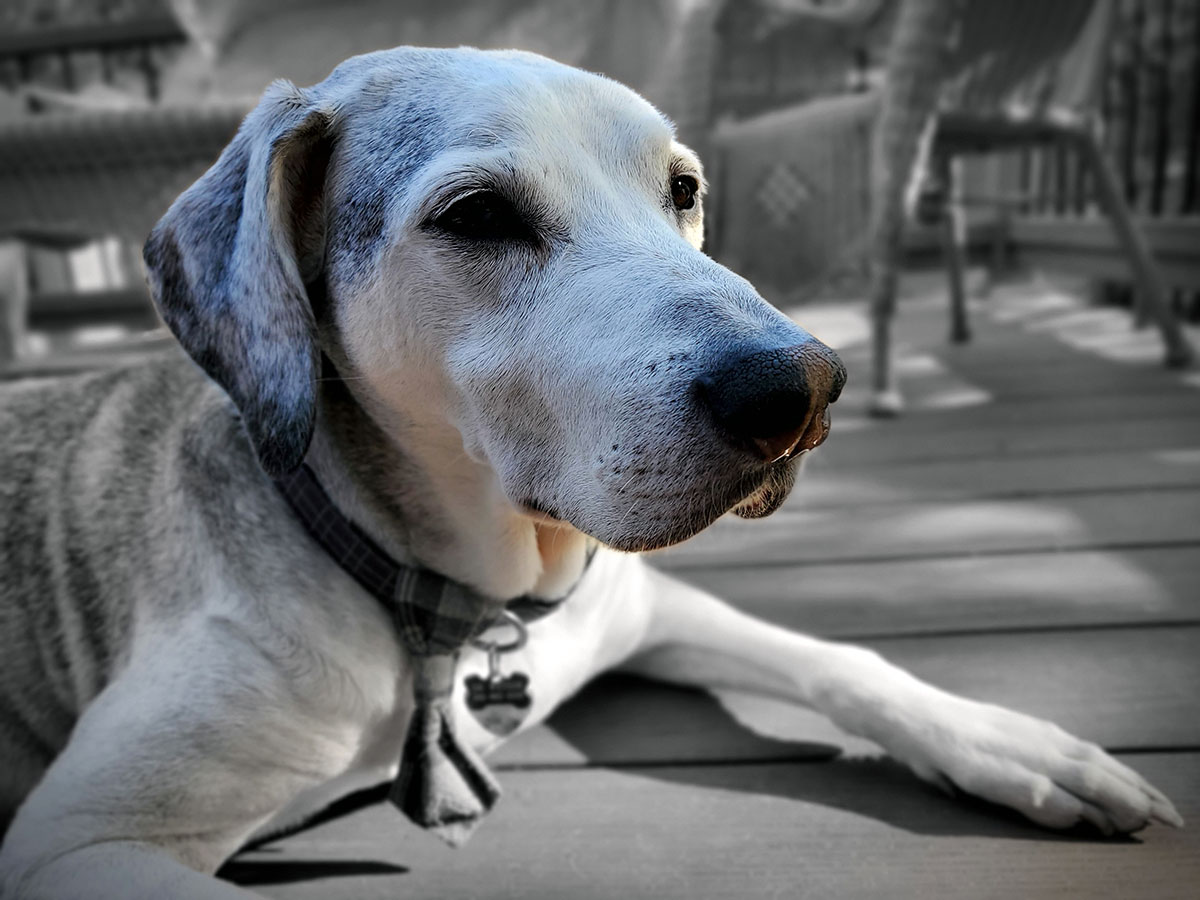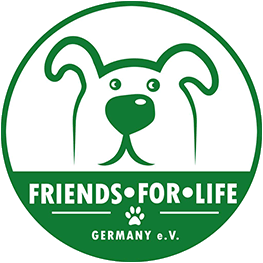- BY DOG FIT by PreThis®
- POSTED IN News Magazine
- WITH 0 COMMENTS
- PERMALINK
- STANDARD POST TYPE
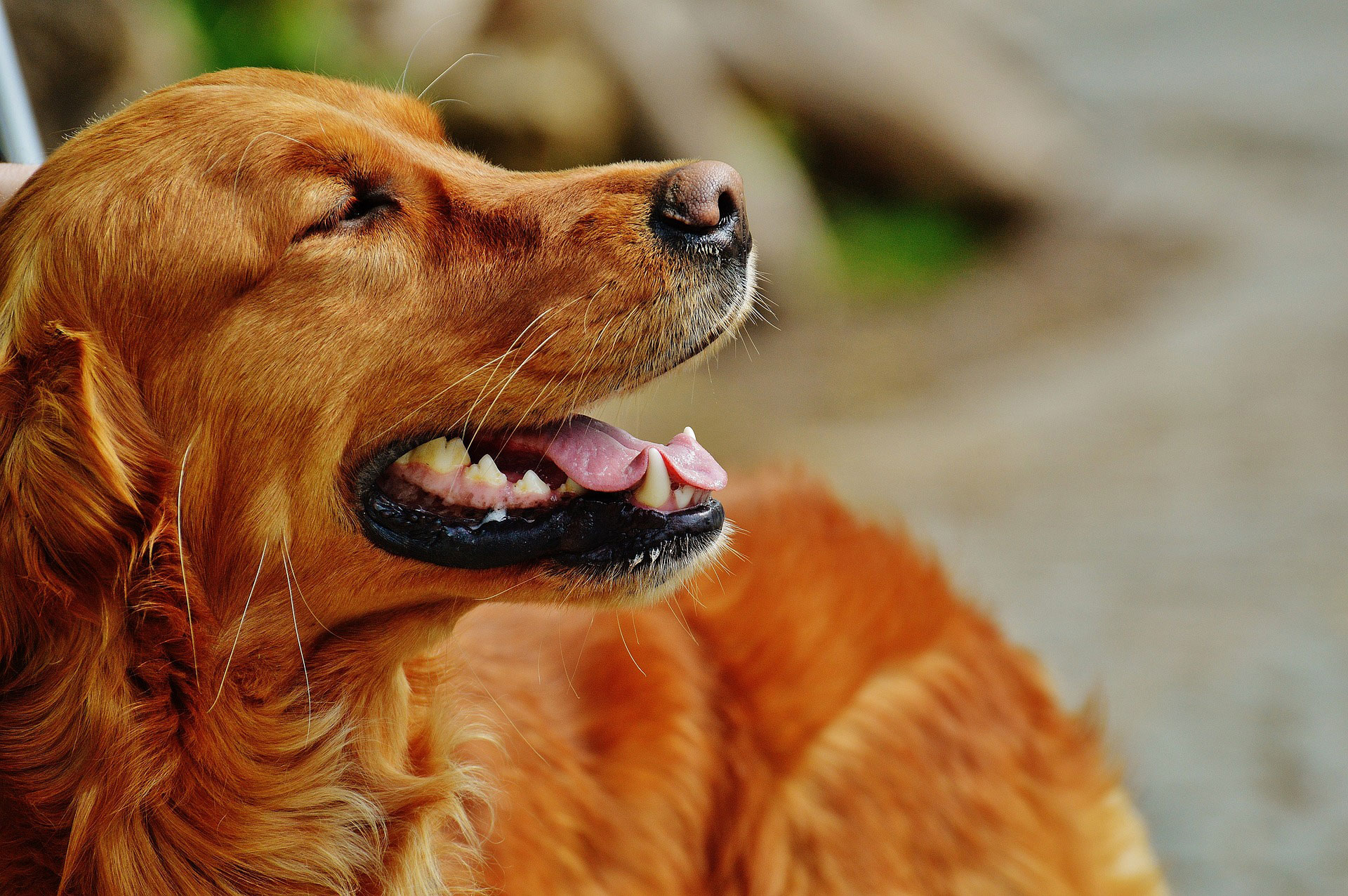

Inflammation of the pancreas, also known as pancreatitis, is a serious disease that can occur in dogs of all ages and breeds. This causes the pancreas, an organ that produces important digestive enzymes and hormones, to become inflamed.
In this article we look at the causes of pancreatitis in dogs and explain treatment options and recommended food changes so that dog owners can get an idea of the disease.
Causes of pancreatitis in dogs
The exact causes of pancreatitis in dogs are often not clearly understood. However, there are several factors that can increase the risk of this condition:
- Fat food: Fatty food, especially fatty meat, can overload the pancreas and lead to inflammation.
- Dry food: Some studies suggest that there may be a connection between feeding dry food and the development of pancreatitis in dogs. This could be due to certain ingredients in the dry food, such as: B. certain fats or artificial additives.
- Other diseases: Diseases such as diabetes mellitus, Cushing’s syndrome or kidney disease can also increase the risk of pancreatitis.
- Medicines: Certain medications, such as: B. Cortisone or painkillers can also irritate the pancreas and trigger inflammation.
- Genetic predisposition: There is evidence that some dog breeds, such as B. Miniature Schnauzers and Yorkshire Terriers have a genetic predisposition to developing pancreatitis.
The role of dry food
As already mentioned, there could be a connection between feeding dry food and the development of pancreatitis in dogs. However, this is a complex topic and the exact cause-and-effect relationship is not yet fully understood.
Some possible explanations for this connection are:
- Fat content: Dry food can have a higher fat content compared to fresh food. Fatty foods can overload the pancreas and lead to inflammation.
- Artificial additives: Dry food often contains artificial additives such as preservatives, colors and flavors. These additives can irritate the pancreas and promote inflammation.
- Starchy fillers: Some types of dry food use starchy fillers such as grains. These fillers can cause blood sugar levels to rise quickly, which can put additional strain on the pancreas.
Treatment options
Treatment of pancreatitis in dogs must be tailored to each individual case. Treatment is usually carried out as an inpatient in a veterinary clinic.
The most important measures include:
- Fast: To relieve the strain on the pancreas, the dog will initially not eat anything for 24-48 hours and will only be given water.
- Infusion therapy: The dog receives infusions to compensate for fluid and electrolyte losses caused by vomiting and diarrhea.
- Pain relievers: If the dog has severe abdominal pain, painkillers are given.
- Anti-nausea medication: To relieve nausea and vomiting, the dog can be given anti-nausea medication.
- Antibiotics: Antibiotics are used for bacterial infections.
In severe cases, it may be necessary to surgically relieve pressure on the pancreas.
Recommended feed changes
After pancreatitis, the dog should be switched to an easily digestible, low-fat diet.
Suitable feedstuffs are:
- Cook it yourself: The dog is sick and a fresh, high-quality diet is recommended; ready-made food and so-called special food are not an option. A nutritionist should be consulted to create a suitable feeding plan. Info: Many veterinarians do not have the additional qualifications to become a nutritionist. These include, for example:
- Cooked Chicken or Turkey: Cooked chicken or turkey is an easily digestible, low-fat source of protein.
- Rice or potatoes:Rice and, exceptionally, potatoes are easily digestible carbohydrates that provide the dog with energy.
- Vegetables: Vegetables contain important vitamins and minerals.
Conclusion
Inflammation of the pancreas is a serious disease in dogs, but it can be treated well with the right treatment.
To reduce the risk of pancreatitis, it is important to give your dog a healthy, balanced diet. Fatty food and ready-made food should be avoided.
If pancreatitis is suspected, the dog should be taken to a veterinarian immediately. The earlier the disease is recognized and treated, the better the chances of recovery.
Additional notes:
- This article is intended to provide information only and does not replace professional advice from a veterinarian.
- If you have any questions or uncertainties, you should always consult a veterinarian.


